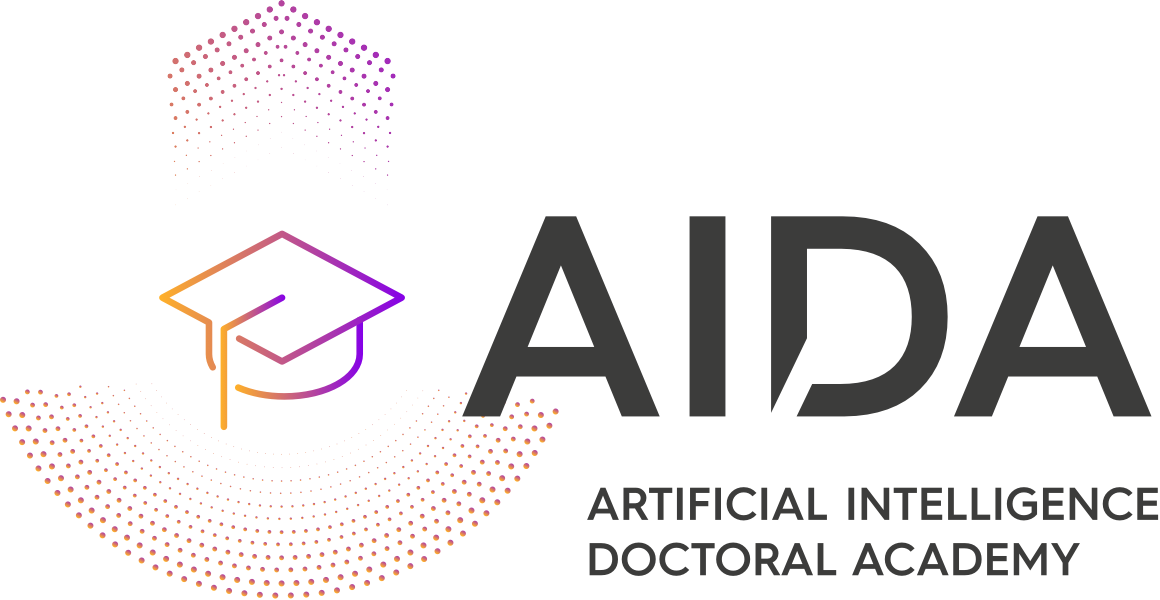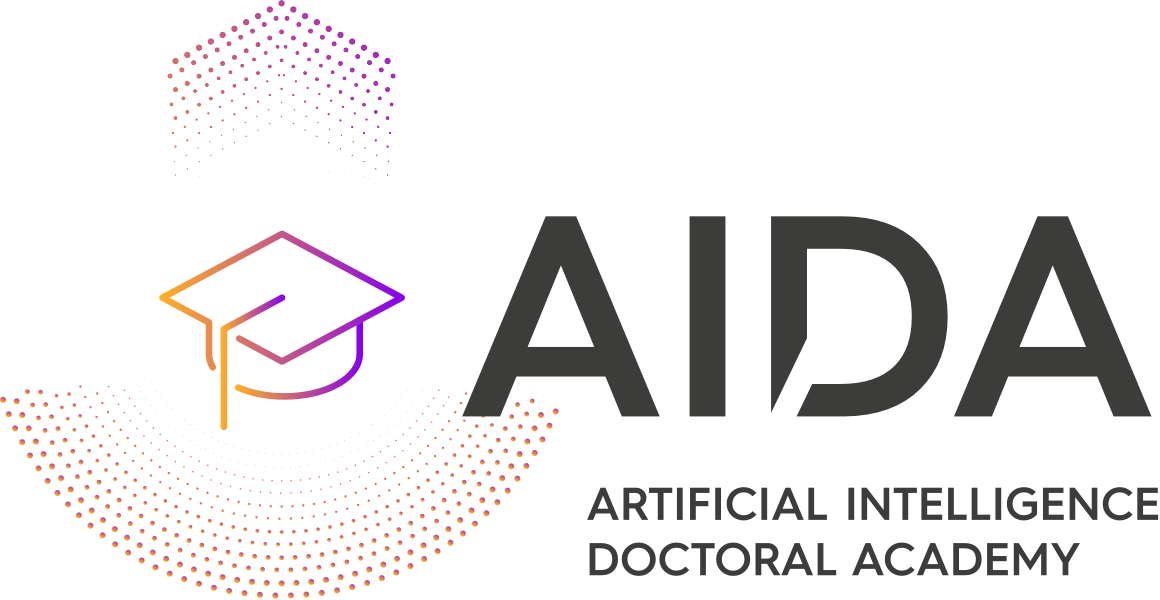Undergraduate University AI Education: A Survey
Artificial Intelligence (AI) has become a pivotal technology of the 21st century, prompting the rapid development of undergraduate and postgraduate AI education programs worldwide. This paper presents a comprehensive survey of these programs, spanning the historical evolution of undergraduate AI education and revealing global trends. Undergraduate AI education equips the future workforce with fundamental AI knowledge to harness its potential across diverse sectors. Therefore, many countries paid due attention to University AI education. Overall, Global North countries fare very well in University AI education. China has emerged as a prominent leader in AI education, driven by its strategic national plan. A comparative analysis of renowned Universities showcases the structure of AI curricula, emphasizing the need to balance theory and application. Overall, this paper is a valuable resource for stakeholders interested in the evolving landscape of University AI education.
Decentralized DNN Architectures
This lecture overviews decentralized and distributed DNN architectures. Big data analysis can be greatly facilitated if decentralized/distributed DNN architectures are employed that interact with each other for DNN training and/or inference using the human Teacher-Student education paradigm. A novel Learning-by-Education Node Community (LENC) framework is presented that facilitates communication and knowledge exchange among diverse Deep Neural Networks (DNN) agents, undertaking the role of a student or teacher DNN by offering or absorbing knowledge respectively. The framework enables efficient and effective knowledge transfer among participating DNN agents while enhancing their learning capabilities and fostering their collaboration among diverse networks. The proposed framework addresses the challenges of handling diverse training data distributions and the limitations of individual DNN agent learning abilities. The LENC framework ensures the exploitation of the best available teacher knowledge upon learning a new task and protects the DNN agents from catastrophic forgetting. The experiments demonstrate the LENC framework functionalities on multiple teacher-student learning techniques and their integration with lifelong learning. Our experiments manifest the LEMA framework’s ability to maximize the accuracy of all participating DNN agents in classification tasks by leveraging the collaborative knowledge of the framework. The LENC framework also addresses the problem of task-agnostic lifelong learning as DNN agents have no information on task boundaries.
AI and Education Sciences
This lecture overviews the impact of AI on Education Sciences. First an overview of Machine Learning is presented, focusing on the use of data in learning. Then Natural Language Processing is detailed, starting with word embedding, namely the transformation of words in vectors. This approach enabled the development of the Large language Models that are trained on huge data texts and exploit statistical relations between words to model text. GPT and ChatGPT are overviewed, as well as their qualities and shortcomings. The use of LLMs and AI in education are also presented. The distinction between morphosis and education is detailed, as well as its application on citizen and scientist morphosis.Educational systems modeling is overviewed from a Systems and Information Theory point-of-view. Finally, the effects of AI on University education are presented, particularly on Education Sciences.
AI and Book Publishing
This lecture overviews the relation between AI and book publishing. First, an in informative summary of “What is AI?” is presented, containing topics such as Symbolic AI, Data, Machine Learning (Clustering, Classification and Neural Networks). Topics that are related to book content creation, e.g., image processing, computer vision and natural language processing, are presented. Various Generative AI approaches, e.g., Large Language Models (LLMs such as ChatGPT), which are used for book content creation are detailed. As human knowledge is foremost communicated through books, its forms are also detailed in this lecture. The role book authors and publishers in the AI era is analyzed, together with several novel issues, such as digital book IP handling, self-publishing, NFT-publishing. Finally, a new book/journal publishing mode called Global Intellectual Property Market is presented..
AI in Medical Imaging
This lecture overviews the relation between AI and medical imaging and diagnosis. First, an in informative summary of “What is AI?” is presented, containing topics such as Symbolic AI, Data, Machine Learning (Clustering, Classification and Neural Networks). Topics that are related to book content creation, e.g., image processing, computer vision and natural language processing, are presented. The use of AI in proteomics (protein folding prediction) is also overviewed. The role of AI in medical diagnosis and education is also detailed. Finally, the creation of a medical data market is presented.
Interoperability with JSON-LD and NGSI-LD via Orion Context Broker
The short course aims to provide the foundation for understanding NGSI-LD Context Broker(s). The course will begin with a brief introduction to JSON-LD (JSON Linked Data) since it is the data format used by NGSI-LD. Next, there will be a brief mention of the history of NGSI-LD and who are the organizations that are currently using it. After that, the key components and aspects of an NGSI-LD Context Broker will be described. Specifically:
· NGSI-LD Tenant and Scope
· NGSI-LD Entity, Attributes and SubAttributes
· The @context field(s) – related to JSON-LD
· The possible formats and modes of presentation of a JSON-LD (e.g., normalized)
· The API exposed by an NGSI-LD Context Broker
· As an NGSI-LD Context Broker allows querying entities by filtering them for different attributes
· NGSI-LD Subscription
· Key Differences between NGSIv2 and NGSI-LD
· Short Demo about NGSI-LD Subscriptions
Lecture by Dr. A. Filograna and M. Basile.
Uploaded by Aristotle University of Thessaloniki


